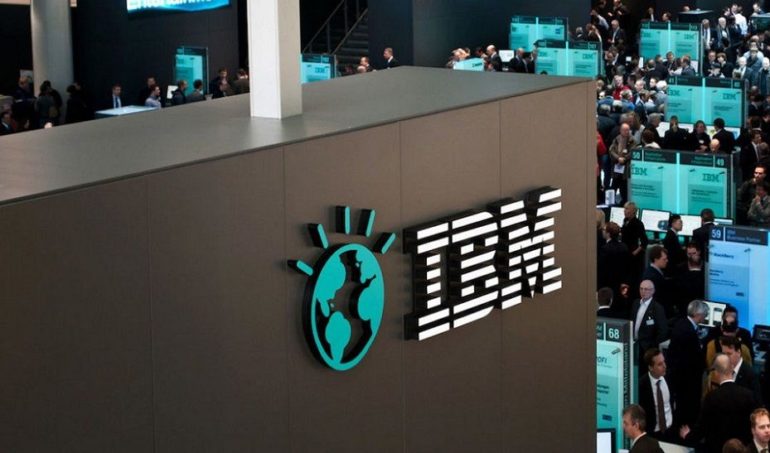Brazil’s largest research facility focused on artificial intelligence (AI) has been launched yesterday (14) through a collaboration between the private and public sector.
Announced in February 2019, the Artificial Intelligence Center (C4AI) is the result of investments made by IBM, the São Paulo Research Foundation (FAPESP) and the University of São Paulo (USP).
C4AI will aim to tackle five major challenges related to health, the environment, the food production chain, the future of work and the development of Natural Language Processing technologies in Portuguese, as well as projects relating to human wellbeing improvement as well as initiatives focused on diversity and inclusion.
Total investment in the center will reach US$20 million over the next 10 years, to be split between USP, who will contribute with US$1 million to cover costs related to the physical set-up of the space, as well as over 70 lecturers and staff to run the center, while partners IBM and São Paulo Research Foundation (FAPESP), who will co-run the center, will contribute with US$500,000 each.
At the launch event, USP research dean Sylvio Canuto said the center is expected to attract more attention to Brazil when it comes to research in artificial intelligence and that talent is available in the country to support the AI-enabled future.
According to the scientific director at FAPESP, Luiz Eugênio Mello, AI offers “an infinite number of possibilities”, and that is illustrated by the current activity in that area around medical research during the Covid-19 pandemic, with AI tools bringing more effectiveness and time savings. “For FAPESP, a partnership with a company like IBM is a milestone in a strategic area for the future”, Melo noted.
In addition to the main location in the USP Sao Paulo campus, C4AI will also have a second facility in the Institute of Mathematical and Computer Sciences (ICMC), which is based at a USP campus in São Paulo countryside city of São Carlos.
Three monitoring committees will also be created to discuss topics of common interest to Brazil around AI and expand the debate around the five initial challenges, with a focus on industry, science and societal applications.
Last December, the Brazilian government announced its intentions to create a national AI strategy to respond to the worldwide race for leadership in the field and the need to discuss the future of work, education, tax, research and development as well as ethics as the application of related technologies becomes more pervasive.
Brazil adheres to the Organisation for Economic Co-operation and Development (OECD)’s human-centred AI Principles, which provide for recommendations around areas such as transparency and explainability.
In light of these guidelines, the debate around the Brazilian AI strategy is focused on six vertical themes: qualifications for a digital future; workforce; research, development, innovation and entrepreneurship; government application of AI; application in the productive sectors and public safety.



